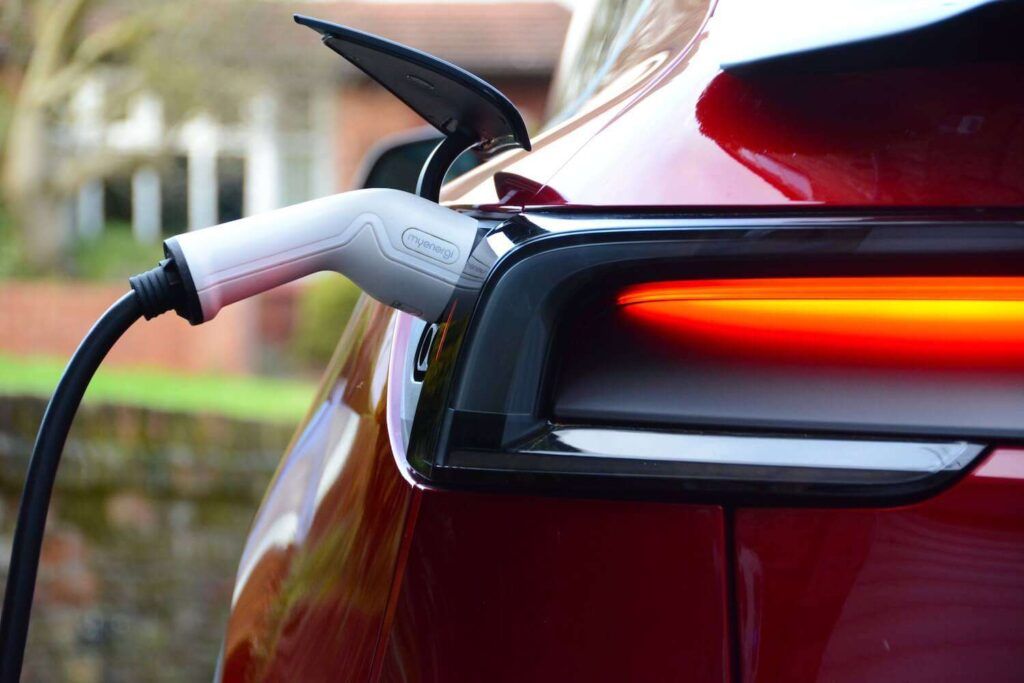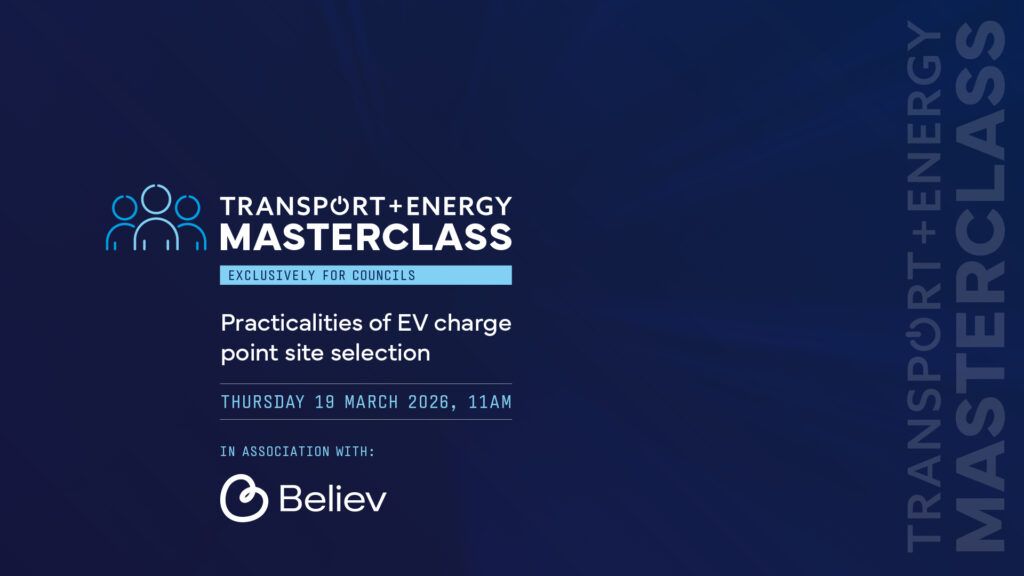A new study from transport decarbonisation specialists, Zemo Partnership, uses life-cycle analysis (LCA) to compare the greenhouse gas emissions performance of powered light vehicles (PLV), including powered two wheelers (PTW), with larger vehicles which have traditionally been used for a range of operational and leisure purposes, focusing mainly on urban areas.
Zemo’s study, commissioned by the Motorcycle Industry Association (MCIA), the representative body for powered two, three and four-wheeled light vehicles, assessed eight typical use cases where PLVs could replace traditional cars and vans. The work considered both traditional ICE (combustion engine) vehicles and BEV (battery electric) versions.
The research found that:
- in almost every use case, where the load requirements enable use of a PLV, substantial greenhouse gas (GHG) emission savings were delivered
- there are significant GHG gains to be had by moving to smaller and lighter vehicles, combined with progressive electrification
- significant benefits can be gained by using electric zero emission PLVs which require smaller batteries, have lower GHG production impacts and lower energy requirements in use
- in higher mileage applications, the benefits of zero tailpipe emissions operation are amplified even using today’s grid electricity, but for very low mileage use the embedded GHG of a BEV means battery size is critical
- the biggest savings can be seen when using electric PLVs for intensive commercial operations such as scooter delivery or urban parcel delivery operations, or heavy commuting use.
Andy Eastlake, Zemo Partnership CEO, said: “There’s a great opportunity to decarbonise transport through the use of smaller lighter vehicles and to multiply the gains we can achieve through electrification. We should embrace PLVs as a key part of the spectrum of road transport solutions, which of course range from active, shared and public transport, through to cars, vans and HGVs.
“Detailed life-cycle assessment is a fundamental consideration in the context of transport decarbonisation but is critically dependent on the assumptions around vehicle lifetime, mileage and battery replacement as well as the rate of decarbonisation of the electricity grid over time. Hopefully this new study begins to inform that discussion and paves the way for our ongoing work with Government and the MCIA.”
MCIA CEO, Tony Campbell, said: “Our sector has always been a staunch advocate of the right vehicle for the right journey approach. Today’s findings show why giving road users access to a variety of transport solutions that satisfy a particular need at a particular time, is and must be the way forward.
“We’re looking forward to continuing our work with the Government on finalising our sector’s ‘Action Plan’ and remain steadfast in ensuring its full and proper implementation next year.”
Image: courtesy Zemo












